Premium Only Content
This video is only available to Rumble Premium subscribers. Subscribe to
enjoy exclusive content and ad-free viewing.
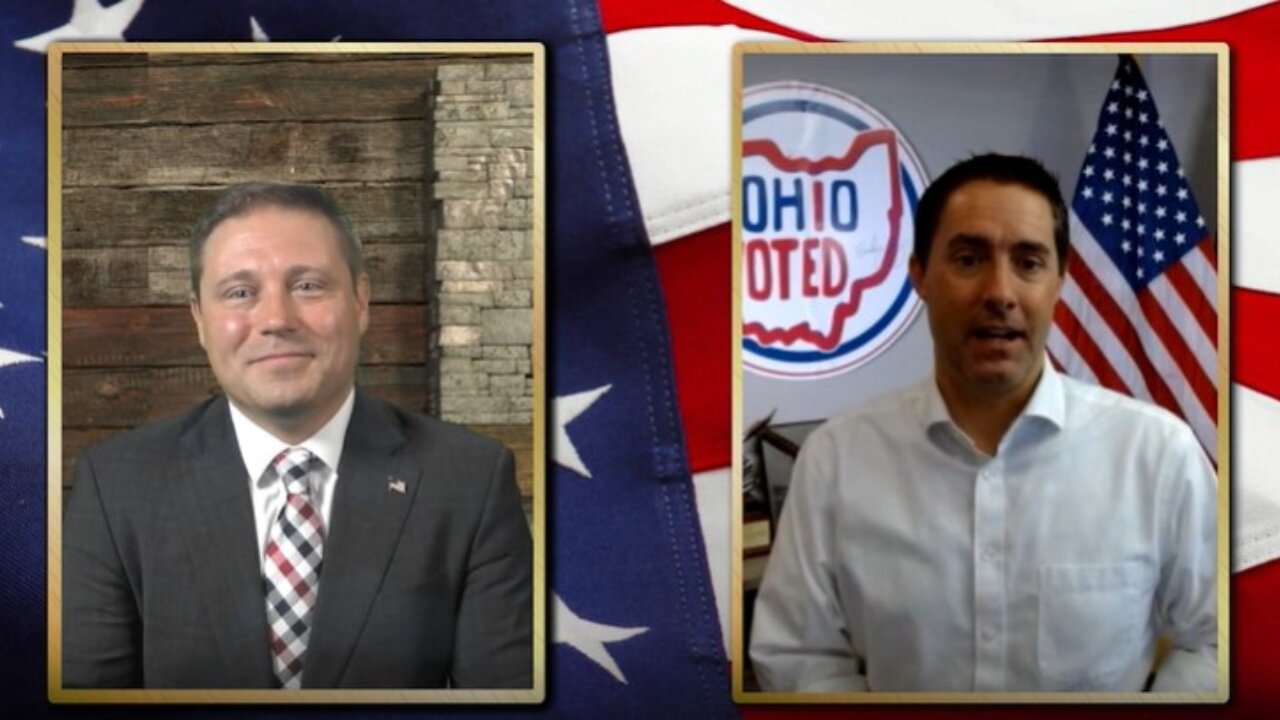
The ERIC exit and election integrity news from Frank LaRose, Ohio Secretary of State
2 years ago
6.15K
election data
election integrity
eric
jerry ewalt
ohio secretary of state
restoration of america
voter fraud
Frank LaRose, Ohio Secretary of State and former Green Beret, is passionate about election integrity. His concerns with the ERIC voter database ultimately led to Ohio cutting ties ERIC, and now he's on the path to increase election transparency and restore voter confidence. Watch to learn more about Ohio's ERIC experience and the state's plan for election integrity going forward.
Want daily news without the liberal slant? Subscribe to First Right here: https://www.restorationofamerica.com/first-right/
Loading 5 comments...
-
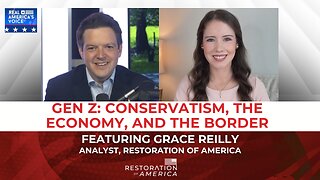 12:50
12:50
Restoration of America
29 days agoGen Z: Conservatism, the Economy, and the Border
119 -
 16:43
16:43
GritsGG
16 hours agoThey Buffed This AR & It Slaps! Warzone Loadout!
18.1K1 -
 2:05:30
2:05:30
Side Scrollers Podcast
20 hours agoEveryone Hates MrBeast + FBI Spends $140k on Pokemon + All Todays News | Side Scrollers Live
114K12 -
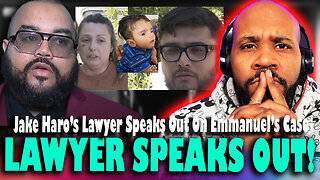 11:06
11:06
The Pascal Show
15 hours ago $1.47 earned'THEY'RE GETTING DEATH THREATS!' Jake Haro's Lawyer Breaks Silence On Emmanuel Haro's Disappearance!
18.6K2 -
 LIVE
LIVE
Lofi Girl
2 years agoSynthwave Radio 🌌 - beats to chill/game to
327 watching -
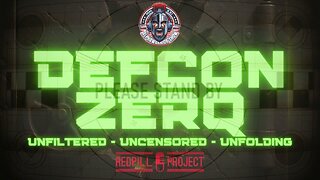 2:19:32
2:19:32
Badlands Media
1 day agoDEFCON ZERO Ep. 005: False Flags, Cyber Fronts & Global Power Plays
159K66 -
 2:35:23
2:35:23
FreshandFit
10 hours agoWhy Black Men Don't Date Black Women Debate
46.5K48 -
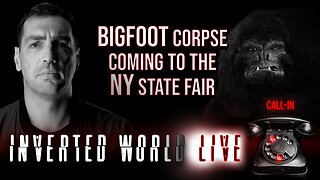 2:03:42
2:03:42
Inverted World Live
13 hours agoBigfoot Corpse Coming to the NY State Fair | Ep. 94
113K27 -
 6:16:23
6:16:23
SpartakusLIVE
14 hours ago$1,000 Pistol Challenge || #1 ENTERTAINER of The EONS Eradicates BOREDOM
88.5K2 -
 2:33:37
2:33:37
TimcastIRL
12 hours agoTrump Orders Review of Smithsonian For Being Woke & Out of Control | Timcast IRL
200K94